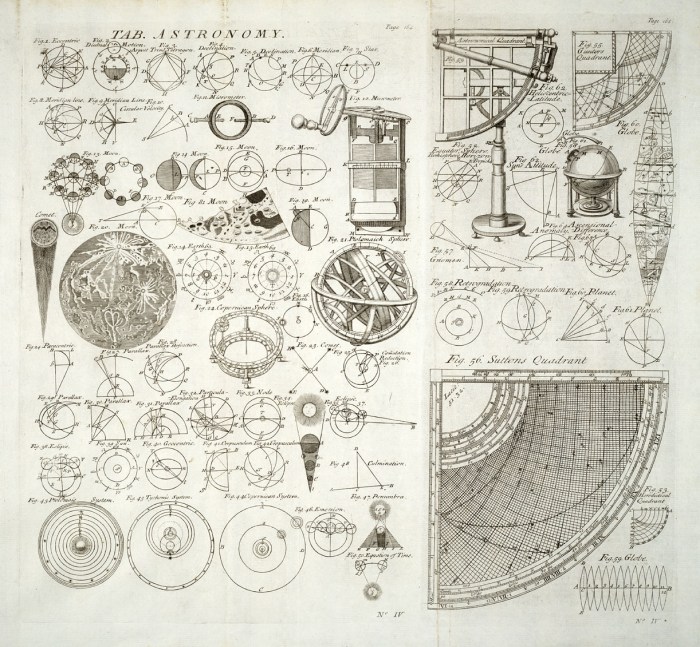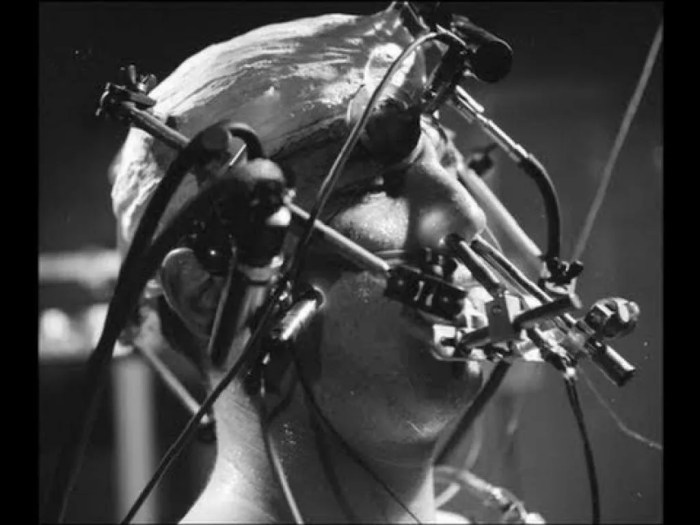Ancient philosophers regularly performed controlled experiments, a practice that played a pivotal role in shaping their philosophical theories. This article delves into the experimental methods employed by these ancient thinkers, exploring their motivations, limitations, and contributions to our understanding of the world.
From the early Greeks to the Hellenistic era, philosophers such as Aristotle, Plato, and Empedocles engaged in various forms of experimentation to test their ideas and advance their knowledge. Their experiments ranged from simple observations of natural phenomena to complex investigations involving controlled variables and data analysis.
1. Experimental Methods in Ancient Philosophy

Ancient philosophers, particularly those belonging to the atomist and empiricist schools, employed experimental methods to investigate the natural world and support their philosophical theories. Their motivations stemmed from a desire to understand the underlying principles governing reality and to validate their hypotheses through empirical evidence.
However, the limitations they faced included a lack of sophisticated instruments and measurement techniques, as well as limited knowledge of scientific principles.
2. Types of Experiments Conducted

Ancient philosophers conducted various types of experiments, including:
- Observation and experimentation: They carefully observed natural phenomena and conducted experiments to test their hypotheses. For instance, Democritus experimented with different materials to determine their properties.
- Thought experiments: They engaged in thought experiments to explore the implications of their theories. Plato’s allegory of the cave is a famous example.
- Analogical reasoning: They drew analogies between different phenomena to support their arguments. Aristotle’s use of biological analogies in his ethical theories is an example.
3. Data Collection and Analysis: Ancient Philosophers Regularly Performed Controlled Experiments

Ancient philosophers used various methods to collect and analyze experimental data:
- Observation and measurement: They made observations and recorded measurements using rudimentary instruments such as sundials and water clocks.
- Logical analysis: They employed logical reasoning and syllogisms to analyze data and draw conclusions.
- Inductive reasoning: They used inductive reasoning to generalize from specific observations to broader principles.
4. Role of Experimentation in Philosophical Theories
Experimentation played a crucial role in shaping the philosophical theories of ancient philosophers:
- Empiricism: Atomists like Democritus and Epicurus relied heavily on experimentation to support their theories of atomism and materialism.
- Rationalism: Plato and Aristotle used thought experiments to explore the nature of reality and knowledge, arguing that reason could provide certain knowledge.
- Ethics: Aristotle used biological analogies to develop his ethical theories, arguing that human behavior is influenced by natural instincts.
5. Comparison to Modern Scientific Methods

While ancient philosophers employed experimental methods, their approaches differed significantly from modern scientific methods:
- Instruments and technology: Ancient philosophers lacked the sophisticated instruments and measurement techniques available to modern scientists.
- Methodology: They often relied on qualitative observations and logical reasoning rather than controlled experiments and statistical analysis.
- Scope and accuracy: Their experiments were limited in scope and accuracy compared to modern scientific methods.
FAQ Compilation
Did ancient philosophers use the same experimental methods as modern scientists?
While ancient philosophers engaged in experimentation, their methods differed from modern scientific practices. They lacked sophisticated instruments and statistical techniques, and their experiments were often qualitative rather than quantitative.
What were the limitations of experimentation in ancient philosophy?
Ancient philosophers faced several limitations in their experimentation, including the lack of standardized procedures, difficulty in controlling variables, and reliance on subjective observations. These limitations influenced the scope and reliability of their experimental findings.
How did experimentation contribute to the philosophical theories of ancient philosophers?
Experimentation played a crucial role in shaping the philosophical theories of ancient philosophers. It provided empirical evidence to support their ideas, challenged prevailing beliefs, and led to new insights into the nature of reality, knowledge, and ethics.